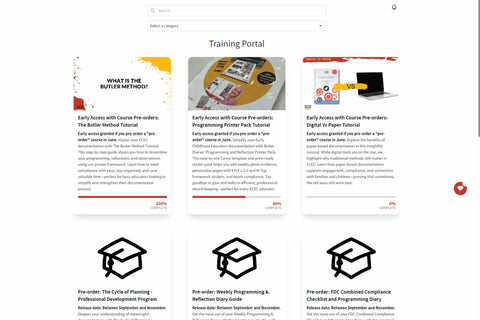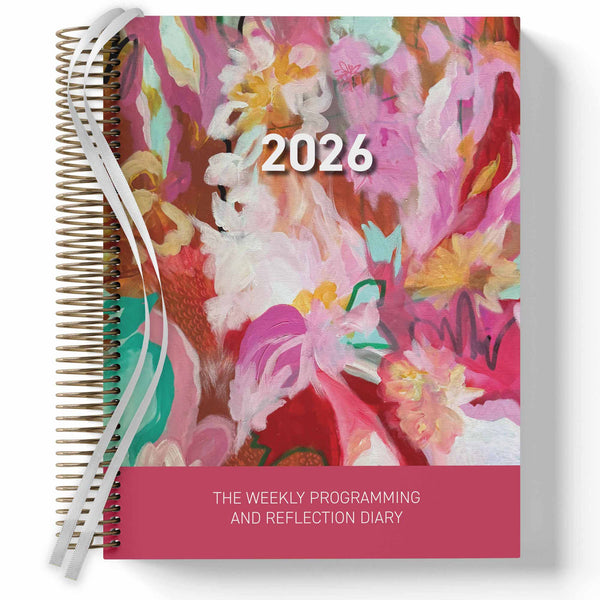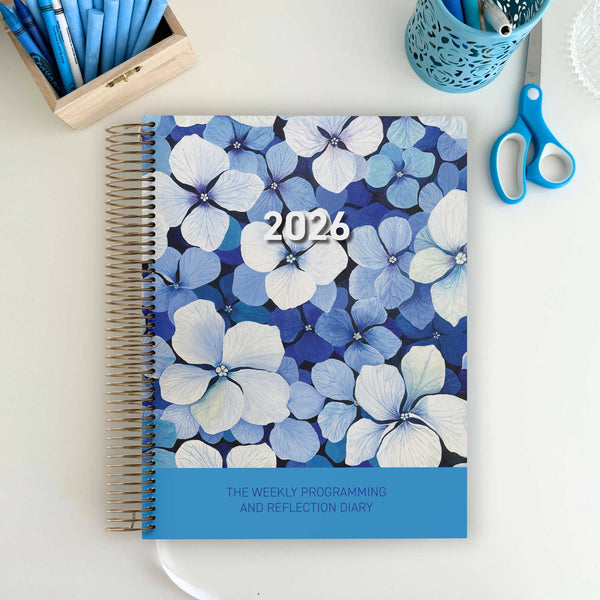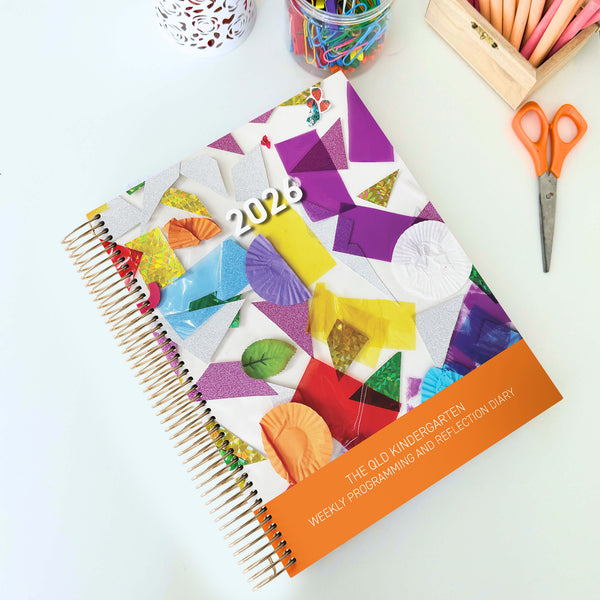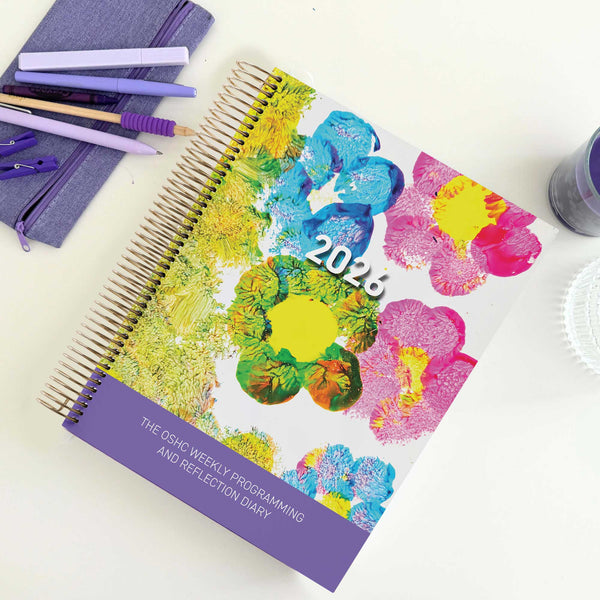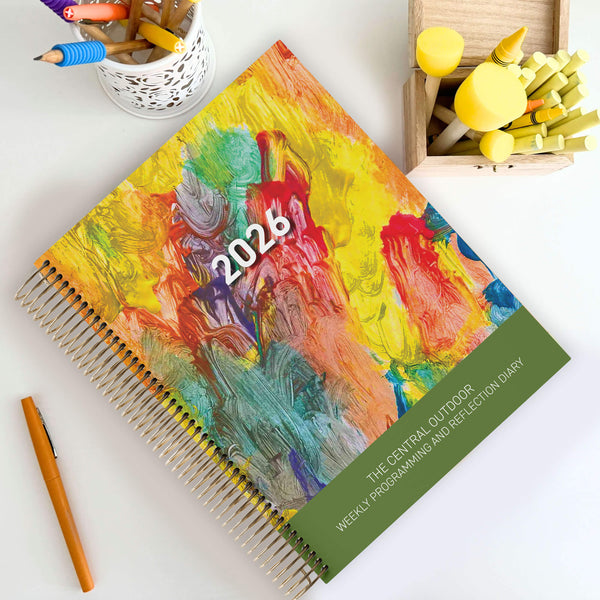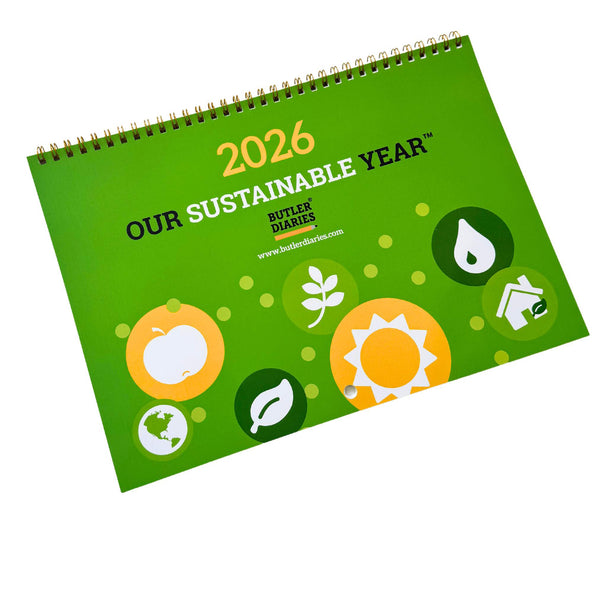As an early childhood educator, maintaining a reflection diary can significantly enhance your teaching practices and the learning experiences of the children under your care. This article delves into the importance of an early childhood educator reflection diary and how the Butler Diaries' Weekly Programming and Reflection Child Educator Reflection Diary can support you.
The Importance of Reflection in Early Childhood Education
Reflective practice is a cornerstone of professional development in ECEC. It allows educators to critically assess their teaching methods, understand children's developmental needs, and adapt strategies to foster a more nurturing learning environment. An early childhood educator reflection diary serves as a powerful tool in this process, offering several benefits:
- Continuous Improvement: Regular reflection helps educators identify areas for improvement and celebrate successes, fostering a cycle of continuous professional growth.
- Personalised Learning: By documenting observations and reflections, educators can tailor their teaching strategies to meet the unique needs of each child.
- Enhanced Communication: Reflection diaries facilitate better communication between educators, parents, and colleagues, promoting a collaborative approach to child development.
- Extended Thinking: Reflection can support in thinking outside the box and creating a creative program for children.
- Cycle of Planning: Reflection is key to implementing a cycle of planning in your room.
Introducing Butler Diaries' Weekly Programming and Reflection Child Educator Diary
At Butler Diaries, we understand the challenges faced by early childhood educators in balancing programming, documentation, and reflection. Our Weekly Programming and Reflection Child Educator Reflection Diary is designed to simplify this process, ensuring that reflection becomes an integral part of your teaching routine.
Key Features:
- Structured Layout: Our diary provides a structured layout that integrates weekly programming with reflective practices, making it easier for educators to plan, document, and reflect.
- Role-Specific Design: Tailored specifically for early childhood educators, our diary includes sections for recording observations, reflections, and insights on children's learning and development.
- Compliance and Standards: The diary is aligned with the Early Years Learning Framework (EYLF), ensuring that your reflections and programming meet regulatory standards and support best practices in ECEC.
- Cycle of Planning: Our weekly programming and reflection spread help make the cycle of planning visible to families, educators and assessors.
- Prompt and Inspires: Our box method of programming prompts and inspires you to cover key developmental areas for children.
- Simple: We removed the complications with documentation and brought it back to the basics with our simple Butler Method that ticks all the boxes.

How to Use the Reflection Diary Effectively
-
Set Aside Time for Reflection: Dedicate a specific time each week to update your reflection diary. This could be at the end of each day or week, depending on your schedule. You don't need more than a couple of minutes a day.
-
Be Honest and Open: Reflect honestly on your experiences, challenges, and successes. This transparency will help you gain deeper insights and develop more effective teaching strategies.
-
Link Reflections to Programming: Use your reflections to inform and improve your weekly programming. Document how your observations and insights shape your planning and interactions with children.

Conclusion
Incorporating a reflection diary into your professional practice as an early childhood educator can lead to significant improvements in your teaching and the overall learning experience for children. Butler Diaries' Weekly Programming and Reflection Child Educator Reflection Diary offers a comprehensive solution, combining the benefits of reflective practice with practical programming tools.
By adopting this diary, you not only enhance your reflective practices but also streamline your documentation and planning, ultimately fostering a more enriching and supportive learning environment for the children in your care. Embrace the power of reflection with Butler Diaries and take your practice to new heights.
For more information on our products and how they can support your professional journey, check out our articles on the Weekly Programming and Reflection Child Educator Reflection Diary.

